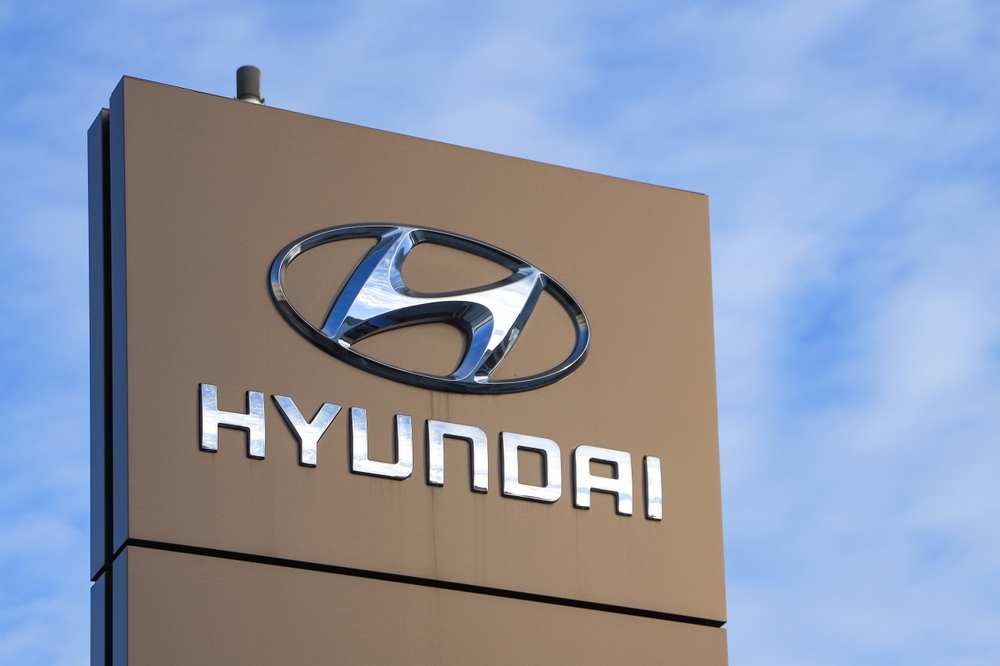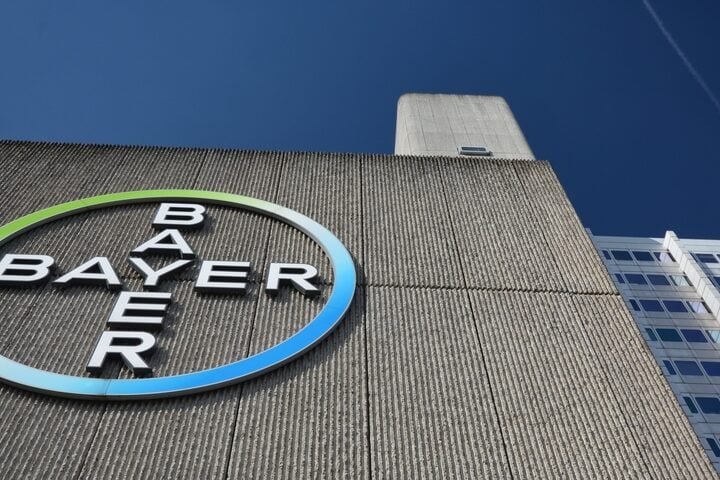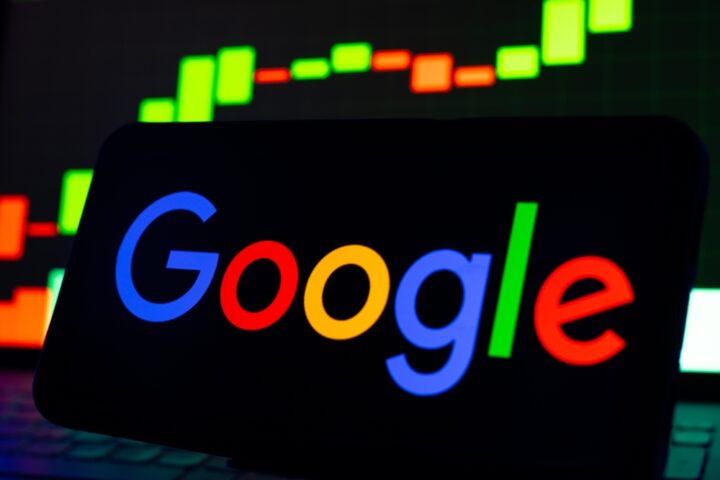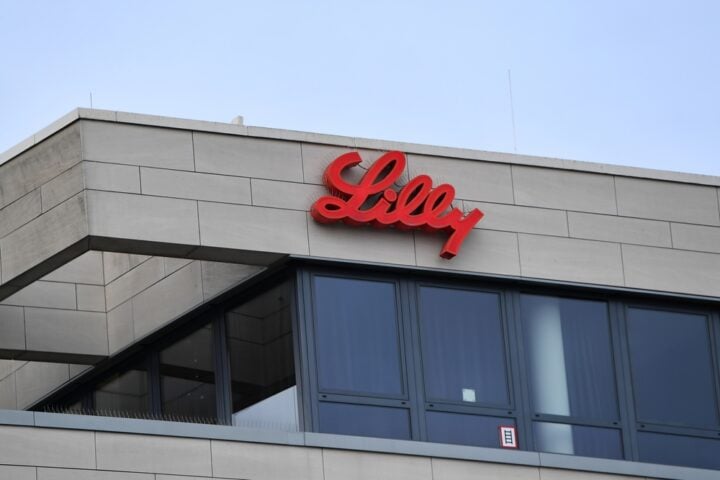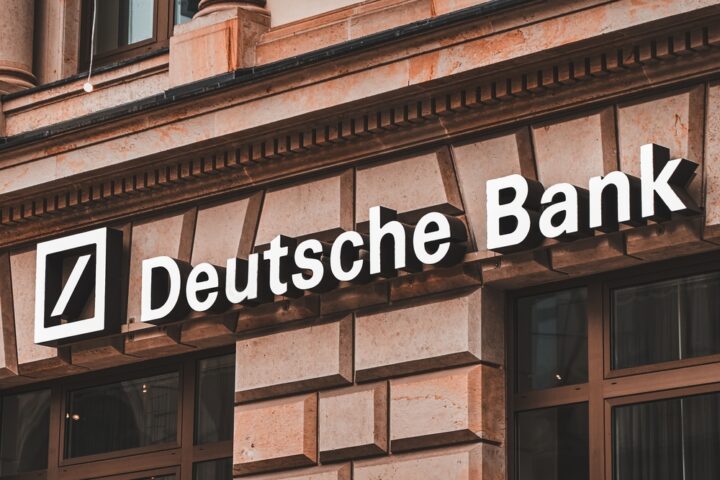Massive investment aims to sidestep Trump tariffs, but investor doubts linger
Hyundai Steel and its parent, Hyundai Motor Group, announced plans to build a $5.8 billion steel plant in Louisiana, aiming to produce 2.7 million tonnes of automotive steel annually. The move is part of Hyundai’s broader $21 billion U.S. investment plan unveiled Monday alongside President Donald Trump at the White House.
The plant will utilize electric furnace technology and begin construction in 2026, with completion expected by 2029. Hyundai Steel will fund half the project, with the remainder coming from Hyundai Motor and outside investors.
Tariff defense or political gamble?
The timing of the announcement comes just ahead of Trump’s proposed April 2 tariff escalation, which threatens reciprocal duties on countries with large trade surpluses — South Korea included. The investment is widely seen as a strategic attempt to secure tariff exemptions for Hyundai’s car and steel businesses in the U.S., though no such guarantees have been offered.
Trump praised the move, but the endorsement spooked investors. Hyundai Steel shares initially jumped 5% before plunging 7% by close. In contrast, Hyundai Motor rose 3.3%, and Kia closed up 2.1%, as both automakers are expected to source steel from the U.S. facility.
Analyst skepticism grows
Despite the political fanfare, analysts expressed concern about the financial and operational risks tied to the project.
- Hyundai Steel is heavily indebted and may face financing strain.
- The company plans to use new electric furnace tech that has not been widely deployed for automotive steel, raising execution risks.
- Long construction timeline offers no near-term revenue.
“It is not clear whether the investment will benefit Hyundai Steel in the future,” said Lee Tae-hwan, analyst at Daishin Securities. The company has not clarified whether the U.S. plant will reduce dependence on its Korean operations or act as a hedge against future geopolitical trade threats.
Strategic shift under pressure
Hyundai’s U.S. pivot underscores growing pressure on global manufacturers to localize production in the face of increasing trade barriers. Hyundai already operates auto manufacturing plants in the U.S., and sourcing steel domestically could align better with Trump’s “America First” agenda — potentially softening the blow from new tariffs.
Still, with Hyundai Steel’s stock hammered and major questions around financing and technology, the gamble may carry more risk than reward — unless it earns meaningful protection from Trump’s escalating trade measures.


